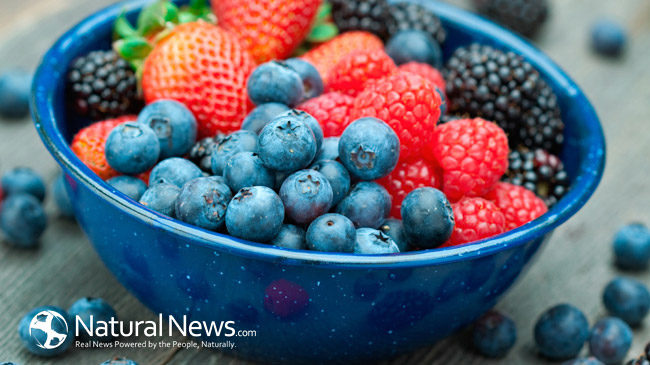One of the most controversial nutritional elements are carbohydrates. Diets for decades have either ruled them out, praised them, or come up with complicated ratios we should abide by each day. Carbohydrates are a daily part of our food choices, revolving around what we choose to have and how much of it. Most people consume between 40 and 60% of carbohydrates each day as part of their total daily intake of food. Carbs are our main source of energy which is derived from the glucose of these foods. As you know, some carbs are better than others. There’s a difference between simple and complex carbohydrates which is information that can provide some guidance for your choices.
There are three types of carbohydrates: starches, sugars, and fiber. Starches and sugars provide your body with its main source of energy. They’re made up of carbon, oxygen and hydrogen, organized into single units. Sugars considered “simple” because they contain just one or two of these units. Starches and fibers have many units, so they’re considered “complex”. However, this doesn’t sound so simple when we just look at a traditional food label.
Simplex carbohydrates are made of one or two sugar molecules. Our bodies digest them very quickly, so they’re an instant source of energy. Some basic examples include table sugar, brown sugar, fruit drinks, soft drinks, candy, jellies or jams, honey, corn syrup, maple syrup, and molasses Other types would include white products like bread or pasta, baked good made with white flour, and most cereals. Most “simple” choices are craved around the 3pm hour in the day when the body is looking for a second wind to finish the day.
Complex carbohydrates are the better of the two types. They’re full of fiber and take the body more time to digest, leaving you feeling satiated and fueled for longer periods of time. Blood sugar remains more stable instead of a quick spike from simple carbs for that instant energy boost. They also contain more vitamins and minerals. Examples include green vegetables, whole grain sources from oatmeal, pasta, or breads, potatoes or sweet potatoes, corn, beans, peas, lentils. Apples, oranges, grapefruit, and yogurt are other good sources
We want to aim to fuel the body as best as possible. Classify simple carbohydrates as “sometimes foods”. Unfortunately, they are those quick and easily accessible little snacks that make life convenient. However, having complex carbohydrates really isn’t that “complex”. Avoid items in packages is also another way to keep “simple” carbs away. Be an advocate for your health and make the necessary swaps. Think about it… if the majority of what we eat are carbohydrates then let’s make the majority of our choices that much better. Carbs don’t have to be an all or nothing food, which is usually what leads to self-destruction. Type is the best choice maker, which doesn’t involve dieting, rather, it’s making one healthy choice at a time.
http://webbut.unitbv.ro/BU2014/Series%20V/BULETIN%20V/I-05_NEACSU.pdf
https://www.diabetes.org/nutrition/understanding-carbs/types-carbohydrates








